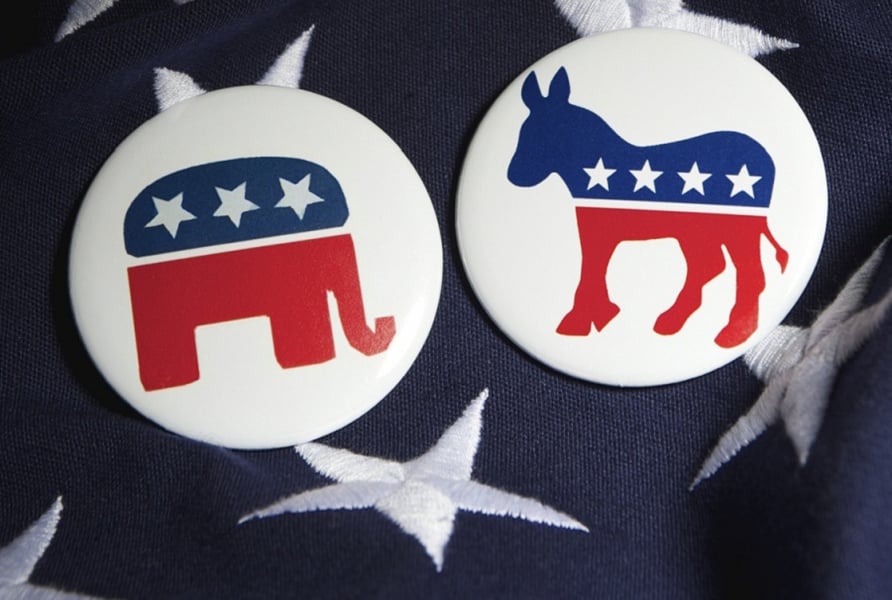

As the upcoming US presidential election develops into a dead heat, many Americans are expressing growing concerns over its potential impact on their financial future, particularly their retirement plans.
That's according to a new study by Wealth Enhancement Group, which found that eight in 10 Americans are worried about how the election could affect their retirement savings.
The election's financial impact is particularly concerning for younger generations as nearly 29 percent of Gen Z respondents in Wealth Enhancement's study believe the election will influence when they can retire, compared to 19 percent of the general population.
But Ayako Yoshioka, portfolio consulting director at Wealth Enhancement, was quick to point out that presidential races are not likely to have much bearing on people's retirement portfolios.
“Historically, the outcomes of elections have had very little long-term impact on market performance,” Yoshioka said in the report.
In addition to retirement concerns, the study reveals nearly half of Americans (49 percent) are anxious about inflation and rising costs. For 55 percent of non-retired Americans, inflation has translated into an estimated delay of eight-and-a-half years in retirement plans on average.
Another two-fifths (39 percent) of people in the survey shared worries about potential tax increases, as factors such as the looming expiration of Trump-era tax cuts and the country's $34 trillion debt problem grow in urgency.
A significant number of participants also shared doubts about the reliability of government programs like Social Security and Medicare (31 percent), with forecasts estimating Social Security trust funds will run out in 10 years, and the potential impact on investment portfolios (23 percent).
Many Americans remain optimistic about retirement, with nearly four fifths (77 percent) reporting positive emotions such as happiness (45 percent) and gratitude (37 percent). The study also highlights the ambitions Americans have for their retirement years, with 58 percent planning to travel and 41 percent aiming to take up new hobbies.
Still, only one in two respondents believe they've "done everything right" to get ready for retirement, with just a third of working adults (35 percent) convinced they're on track or have hit their retirement goals. And for three in five Americans (61 percent), running out of money in retirement is a real point of concern.
Wealth Enhancement's polling suggests adults can do more to set themselves up for a good retirement, as just one in five of those polled said they regularly discuss their retirement plans with a financial advisor.

By listening for what truly matters and where clients want to make a difference, advisors can avoid politics and help build more personal strategies.

JPMorgan and RBC have also welcomed ex-UBS advisors in Texas, while Steward Partners and SpirePoint make new additions in the Sun Belt.

Counsel representing Lisa Cook argued the president's pattern of publicly blasting the Fed calls the foundation for her firing into question.

The two firms violated the Advisers Act and Reg BI by making misleading statements and failing to disclose conflicts to retail and retirement plan investors, according to the regulator.

Elsewhere, two breakaway teams from Morgan Stanley and Merrill unite to form a $2 billion RIA, while a Texas-based independent merges with a Bay Area advisory practice.
Orion's Tom Wilson on delivering coordinated, high-touch service in a world where returns alone no longer set you apart.
Barely a decade old, registered index-linked annuities have quickly surged in popularity, thanks to their unique blend of protection and growth potential—an appealing option for investors looking to chart a steadier course through today's choppy market waters, says Myles Lambert, Brighthouse Financial.
